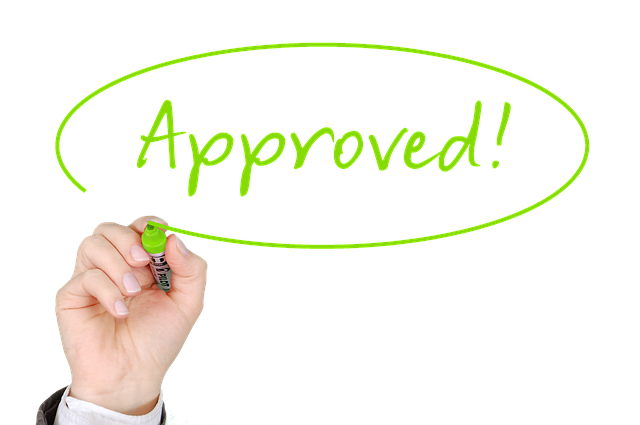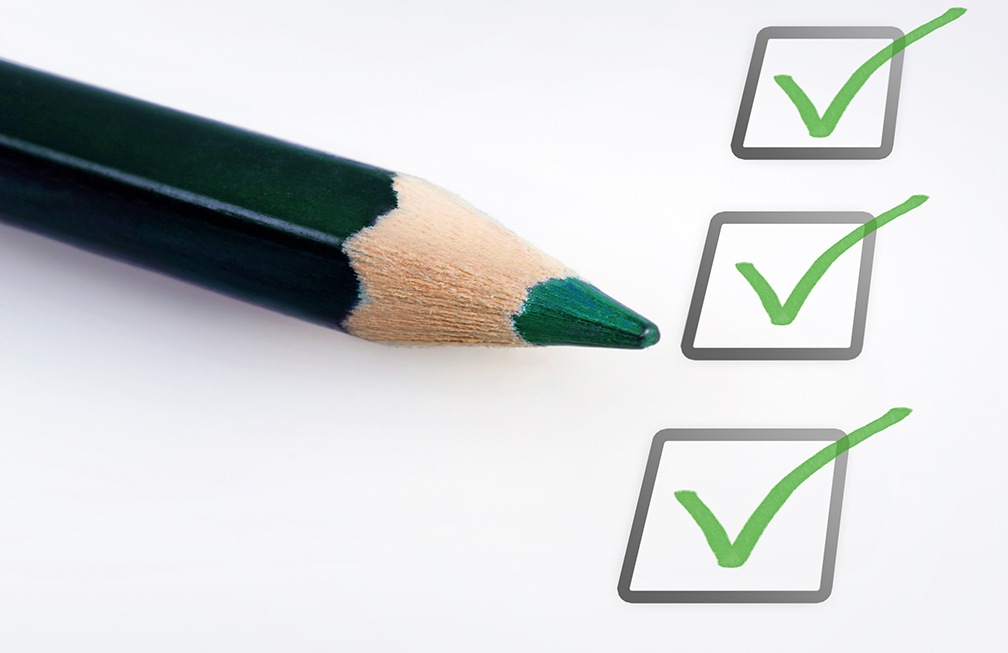5 Key Tips To Prepare For A Quick Mortgage Approval
 Whether you’re finally prepared to get into the real estate market or you want to know how you can make a deal quick, there are a few necessary documents you’ll need to prove your reliability to a mortgage lender.
Whether you’re finally prepared to get into the real estate market or you want to know how you can make a deal quick, there are a few necessary documents you’ll need to prove your reliability to a mortgage lender.
Here are the documents you’ll want to have on hand when the time comes.
Previous Tax Returns
In order to ensure the earnings information you’ve provided to the lender, you’ll need to have your tax returns for the two years prior to your mortgage application. In addition, you may also be required to provide your W-2s as backup documentation.
Bank Statements
To make sure you’re a solid bet who will be able to make your down payment, you’ll need to present bank statements to ensure you have a cushion in the case that interest rates increase. If you do get money gifted to you for your down payment, you’ll need a letter to prove you’re not indebted to the provider.
Recent Pay Stubs
It can be much more difficult to get approved for a mortgage if you have a patchy work history or happen to be self-employed, so you’ll need 2 months of recent pay stubs to prove consistent employment. The pay stubs provided should also be an accurate reflection of the salary you’ve provided on your application to ensure no discrepancies.
Investment Statements
It’s certainly a good sign to the lender if you have a healthy balance in your checking and savings accounts, but you’ll also need to provide any statements for mutual funds and other investments. While they may not be necessary to prove financial soundness, they will help with approval if you have a lot of money squirreled away.
A Listing Of Debts
While it may be the least popular of the pile, a lender will also want to know about any outstanding debts like auto loans, credit card payments or student loans. It may be tempting to forego these documents, but it will give the lender a good sense of your honesty and your ability to manage your mortgage.
Mortgage approval may seem like a time-consuming process with no certain end, but by having the appropriate documentation and being upfront about your debts, you may be able to speed up the time frame. If you’re currently perusing your mortgage options, be certain to contact your trusted mortgage professional for the inside scoop.

 Are you ready to join the ranks of homeowners in our local community? Congratulations – homeownership is a big step towards building your net worth and financial freedom. However, it is also a significant transaction that will affect your finances for the foreseeable future. Let’s take a look at a quick four-step checklist that will help you to get ready to buy a home with a mortgage in 2018.
Are you ready to join the ranks of homeowners in our local community? Congratulations – homeownership is a big step towards building your net worth and financial freedom. However, it is also a significant transaction that will affect your finances for the foreseeable future. Let’s take a look at a quick four-step checklist that will help you to get ready to buy a home with a mortgage in 2018. Buying a new home is one of the most exciting experiences a person or family can have. Of course, before you can step foot into your new dream home you will need to get prepared financially, especially if you are taking out a mortgage to cover some of the purchase price. Let’s take a look at a few key steps that will help you to prepare for the financial background checks that are part of the mortgage process.
Buying a new home is one of the most exciting experiences a person or family can have. Of course, before you can step foot into your new dream home you will need to get prepared financially, especially if you are taking out a mortgage to cover some of the purchase price. Let’s take a look at a few key steps that will help you to prepare for the financial background checks that are part of the mortgage process. Are you in the market for a new house or apartment? If you are financing the purchase by taking out a mortgage, you’ll want to know how to make this transaction run as smooth as possible. In today’s article, we’ll share a quick four-step guide to speeding up the mortgage closing process.
Are you in the market for a new house or apartment? If you are financing the purchase by taking out a mortgage, you’ll want to know how to make this transaction run as smooth as possible. In today’s article, we’ll share a quick four-step guide to speeding up the mortgage closing process. Have you been considering a mortgage for your next home purchase? As with any loan or financial product, there are a variety of fees and costs you may incur in the process of closing your mortgage. In today’s post, we’ll explore a few of these potential fees and the situations in which you may encounter them. Let’s get started!
Have you been considering a mortgage for your next home purchase? As with any loan or financial product, there are a variety of fees and costs you may incur in the process of closing your mortgage. In today’s post, we’ll explore a few of these potential fees and the situations in which you may encounter them. Let’s get started!